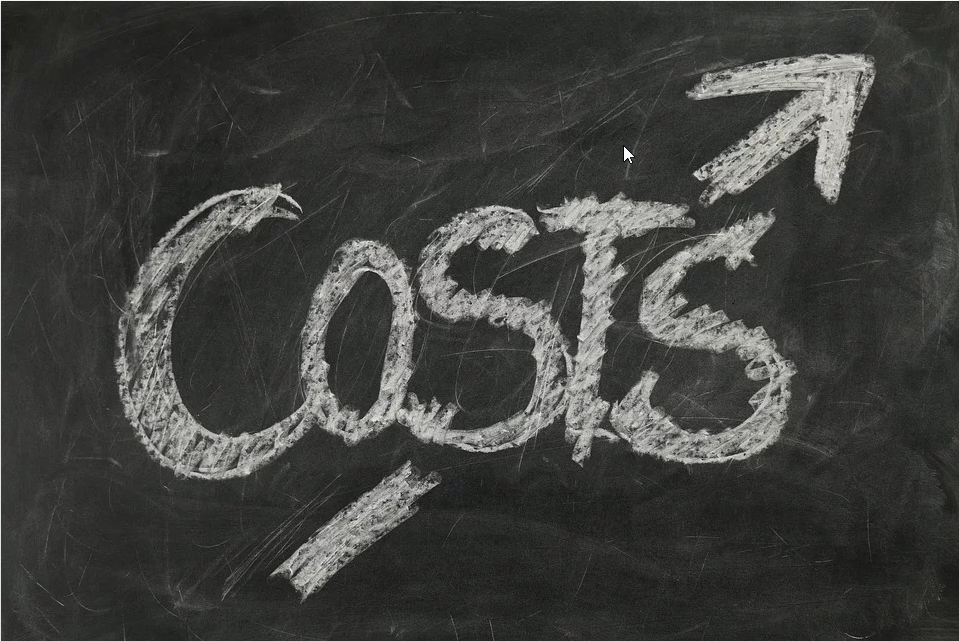Above all, knowing your costs makes you money, a statement of the bleeding obvious perhaps. The thing with statements of the obvious is we sometimes forget the business basics.
Certainly, you need to be serious about making money in your business, by money we mean profit. However, if you’re not serious about making money, then you’ve got a hobby on your hands.
Is your business a hobby? Do you see your business as making money for you? Making money is about making profits, should be one of your key goals. Furthermore, let me tell you, focusing on sales alone is a waste of time
So a real cool way to look at costs, and get great business insights, is see how they behave. I don’t mean whether they’re naughty, or nice, but how they react according to what your business does.
Importance of costs
To clarify, one key thing you need to get to grip with is what’s going on in your business in terms of costs.
Having a great product, customer focus, working hard, marketing, selling are all important. However, the bottom line is that you need to become more friendly with your numbers. Ignore your numbers and crash, bang, wallop becomes a real business possibility
So knowing your costs makes you money, and helps you with other important things. These important things include
- Calculating profit, current and future
- Prices to charge
- Break-even
- Budgeting
- Controlling what you spend
- Customers to focus on
- How much tax you will pay?
Running your business means you will make decisions, and plan. You ultimately manage and lead your business, therefore to do that you need to get your head around some key numbers.
In other words, understanding your costs, especially how they behave is vital.
Activity
Start off by looking at your business in terms of activity, then you can match that with your costs. Let’s expand on that point by showcasing examples of business and possible activity
For example
- Hospitality sector: Customers served; meals prepared
- Manufacturing: Orders placed, production runs
- Consulting firm: Client numbers, workshops delivered
Costs behaviour
Is how your costs react and change based on your business activity. To clarify, power of this insight and knowledge is numbers gold!
The main categories of costs are
- Fixed costs
- Stepped fixed costs
- Variable costs
- Semi-variable costs
Fixed costs
Are those that stay the same, whatever the level of your business activity. These costs stay the same if you don’t serve any meals, have no customers, or make no products.
For instance, fixed costs would be
- Wages and salaries
- Insurance
- Rent
- Leasing charges
Fixed costs are also called non-controllable or unavoidable.
Variable costs
Variable costs don’t stay static, and fluctuate according to your business activity
Let’s refer to the earlier illustrations, i.e. not serving meals, no customers, or making no products.
For example, variable costs would be:
- Inventory
- Wages and salaries – paid on the basis of piecework, hourly rate etc.
- Bonuses
- Sales commissions
Variable costs are also called controllable costs or avoidable
Stepped fixed costs
These are fixed over a range of activity and then increase once a certain level of business activity passes. For example: your business is growing, you will need additional staff, or possibly a bigger office space.
Semi-variable costs
Your business will have some costs, which aren’t fixed or variable. These costs will have a fixed and variable element. For example, your telephone costs are made up of a rental element, which is fixed, and the costs of our actual calls, which are variable. Other examples of semi-variable costs are:
- Gas and electricity costs
- Photocopier rentals
In short, in an ideal world your business insights and use will be improved if your semi-variable costs can be split into the fixed and variable elements.
Conclusion
To sum up, making money should be one of your key goals. Consequently, focusing on sales alone is a waste of time. In other words, understand what your costs are, more particularly cost behaviour according to your business activity. Knowing your costs makes you money, what’s not to love?
The power of this insight and knowledge really is numbers gold!
Get in touch to see where we can help your business make more money. For more business and finance , news, advice and tips, don’t forget to watch our weekly broadcasts, listen to our weekly podcast I Hate Numbers.
